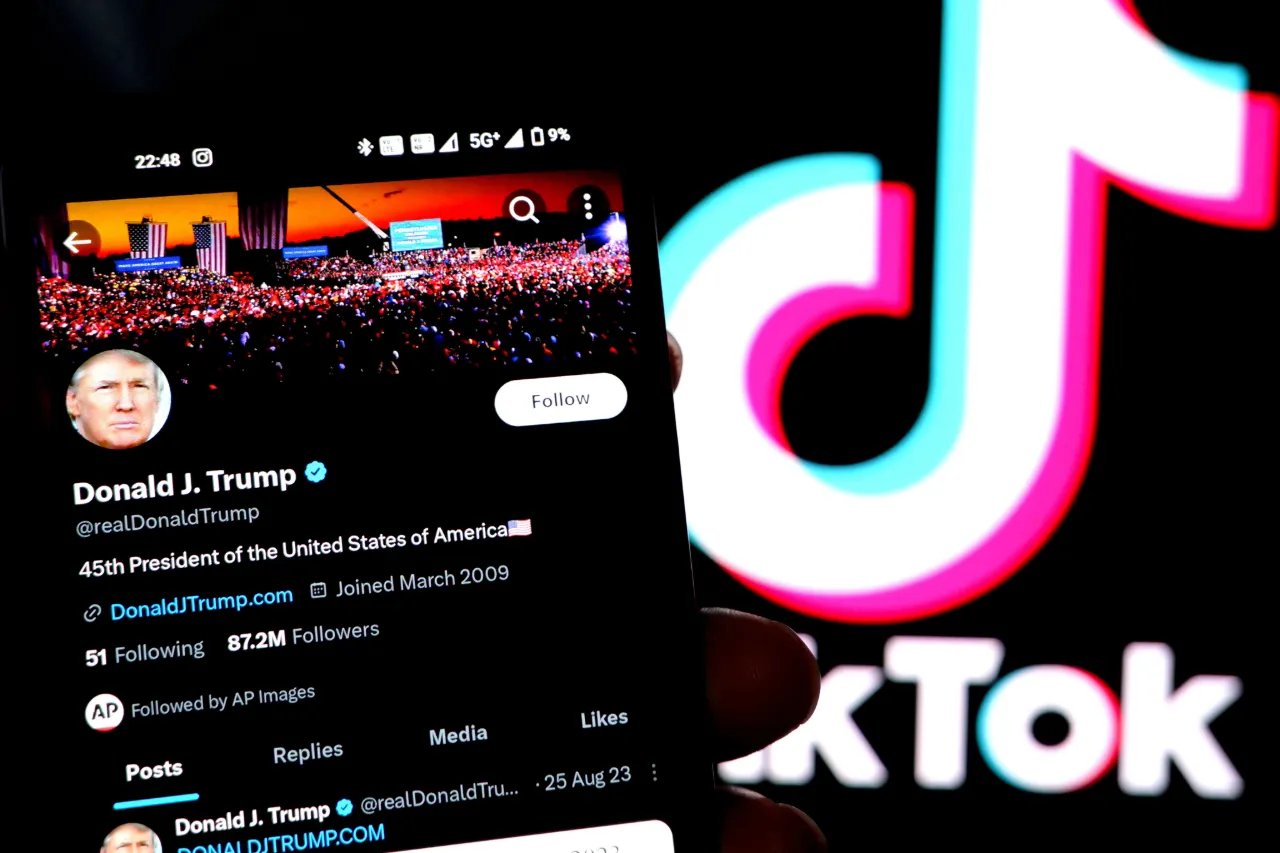The Supreme Court expresses doubts about upholding the U.S. ban on TiKTok: What to expect
A majority of justices expressed doubts about TikTok's claim that a ban on Chinese ownership was unconstitutional.

On Friday, the Supreme Court heard oral arguments in a fast-tracked case concerning the future of TikTok, a Chinese-owned social media app that will be banned from operating in the U.S. in nine days unless there is divestiture or an eleventh-hour intervention from the high court.
The Protecting Americans from Foreign Adversary Controlled Applications Act, signed by President and passed by Congress in April with bipartisan support, presents TikTok with a choice: either divest from its Chinese parent company, ByteDance, within nine months or be removed from U.S.-based app stores and hosting services.
On Friday, the Biden administration's lawyers restated their claim that TikTok's Chinese ownership poses a significant threat to American users' national security.
Elizabeth Prelogar, the U.S. Solicitor General, highlighted potential dangers that China could exploit TikTok's app, such as manipulating its algorithm to favor specific content or compelling ByteDance to divulge extensive user data collected by TikTok on American citizens.
""ByteDance could be compelled by the PRC to provide any data it has on Americans, making it a powerful tool for the PRC," Prelogar stated."
She stated that TikTok's extensive data set could provide the PRC with a potent tool for harassment, recruitment, and espionage.

During TikTok's oral arguments, the justices on the bench showed doubt about the company's main argument that the law infringes on free speech.
What is TikTok's speech in question? Justice Clarence Thomas posed this question in the opening moments of oral arguments, hinting at the court's uncertainty about whether the law constitutes a First Amendment violation.
The Supreme Court's decision on the matter remains uncertain after oral arguments, although a ruling or order is expected before the January 19 ban takes effect.
Historically, the Supreme Court, with its 6-3 conservative majority, has been cautious in challenging Congress on issues related to national security.
The divestiture law, which received strong bipartisan support and the guidance of top Justice Department officials, passed Congress last year and was designed to withstand legal challenges.
The Supreme Court has been urged by President-elect Donald Trump's attorneys to delay the ban on TikTok until he is sworn in as president.
China and ByteDance, through TikTok, are attempting to incite Americans to argue with one another, according to Chief Justice John Roberts, and it appears they are succeeding.
TikTok's lawyer, Noel Francisco, argued on Friday that the case against TikTok is a violation of free speech protections under the First Amendment, as TikTok claims to be a U.S.-based corporation.

The government must prove a compelling interest and narrowly tailor a law to achieve that interest, but TikTok claims the law fails this test.
The U.S. Court of Appeals for the District of Columbia Circuit upheld the divestiture law last month, even though it is a challenging legal test to satisfy in court. This means that justices could theoretically consider the case under strict scrutiny and still opt to uphold the law, despite the looming Jan. 19 ban.
The case currently being heard by the court is the first to focus on the ownership of a platform or app, rather than speech, as noted by Justice Sonia Sotomayor on Friday.
The liberal justice raised doubts about whether the court would classify TikTok's divestiture requirement as a data control matter rather than a free-speech issue, as TikTok's legal team has argued.

Acknowledging that weighing the case as a data control case would result in a lower level of scrutiny, Francisco agreed.
In oral arguments on Friday, Francisco argued that the U.S. government has no legitimate reason to prevent foreign propaganda and that the platform and its owners should be granted the highest level of free speech protection under the U.S. Constitution.
Francisco argued that TikTok should be granted First Amendment protections as it is a U.S.-incorporated subsidiary, according to him.
The lawyer representing TikTok was questioned about the Chinese government's influence on the app and ByteDance's control over the algorithm that displays specific content to users.
Francisco stated that although some parts of the recommendation engine are owned by the Chinese government, TikTok is still operating in the United States.

If justices do not intervene or ByteDance agrees to sell, TikTok will be banned from operating in the U.S. by January 19th. The focus of oral arguments is on the First Amendment protections that should be granted to TikTok and its foreign owner, ByteDance.
The Supreme Court has previously ruled that speech by foreign governments or individuals does not receive full First Amendment protections.
The Biden administration contends that the law targets the company's control of the app, which attorneys for the administration argue could pose "grave national security threats" to Americans rather than its content.
The administration's lawyers will argue that Congress did not impose any restrictions on speech, based on viewpoint or content, and therefore fails to meet the criteria for free speech violations under the First Amendment.
The decision of the court could significantly affect the approximately 170 million individuals who utilize the app.
In December, the justices agreed to an expedited hearing and will have only nine days to make a ruling before the ban goes into effect on January 19.
politics
You might also like
- California enclave announces it will cooperate with immigration officials and the Trump administration.
- Danish lawmaker urges Trump to abandon Greenland acquisition plan.
- Now, the Dem who labeled Trump an "existential threat to democracy" is obstructing his nominees.
- The lawyer for Hegseth criticizes the "dubious and inaccurate" testimony of his ex-sister-in-law.
- The House GOP outlines a plan to improve the healthcare system, emphasizing its impact on national defense.



















